Parents see the world through their children's eyes. And Ivan Cameron changed his father's view of everything
When a child has a disability, all aspects of a family's life are affected, wrote Deborah Orr in 2009
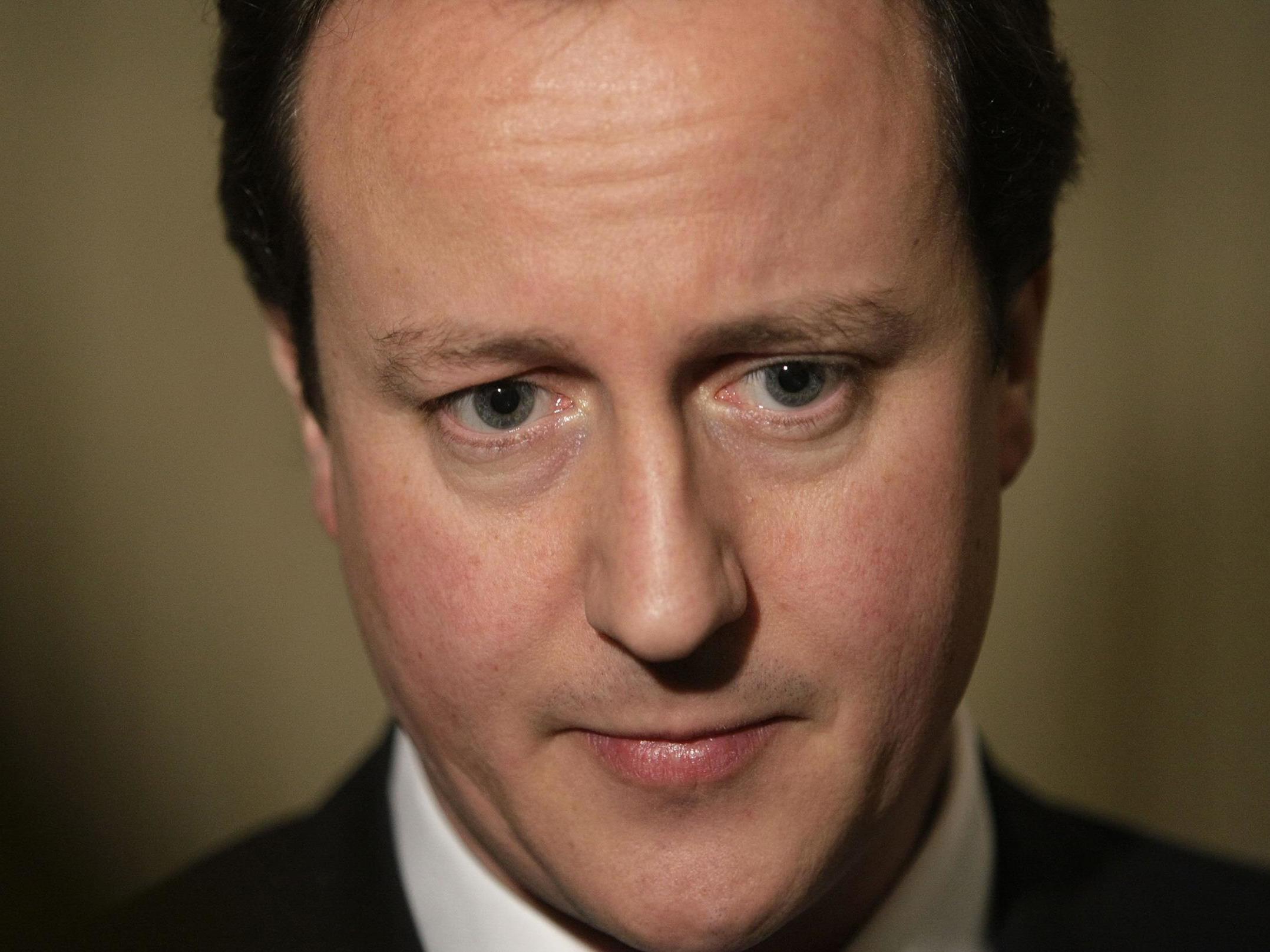
Ivan Cameron, who died in the early hours of yesterday morning, was a special child. Everyone knows that he was special to his parents, because his father, the leader of the Conservative Party, David Cameron, spoke so candidly and expansively about his first-born boy and his love for him. It is universally understood, therefore, that the death of this six-year-old is a shattering and incomprehensible blow to the Cameron family.
It is widely known that Ivan had cerebral palsy, and also suffered from a rare epileptic condition called Ohtahara Syndrome. The latter, particularly, meant that his life expectancy was short. Yet this knowledge made the news of Ivan's death no less shocking to the public, no less of a bolt from the blue. Ivan was a small child, and small children are not expected to die.
It will be of little consolation to David and Samantha Cameron, or to their other two children right now. But it is still a wonderful thing that in their style of parenting they gained this perception for their son during his short time on earth. Despite all the progress in this area, one too often looks at a child with special needs, and sees the latter before the former. Ivan, because of his father's place in public life, was looked at often. He was seen as his parents saw him, as a precious life, a little boy like any other, whose death is a terrible loss and a cruel tragedy.
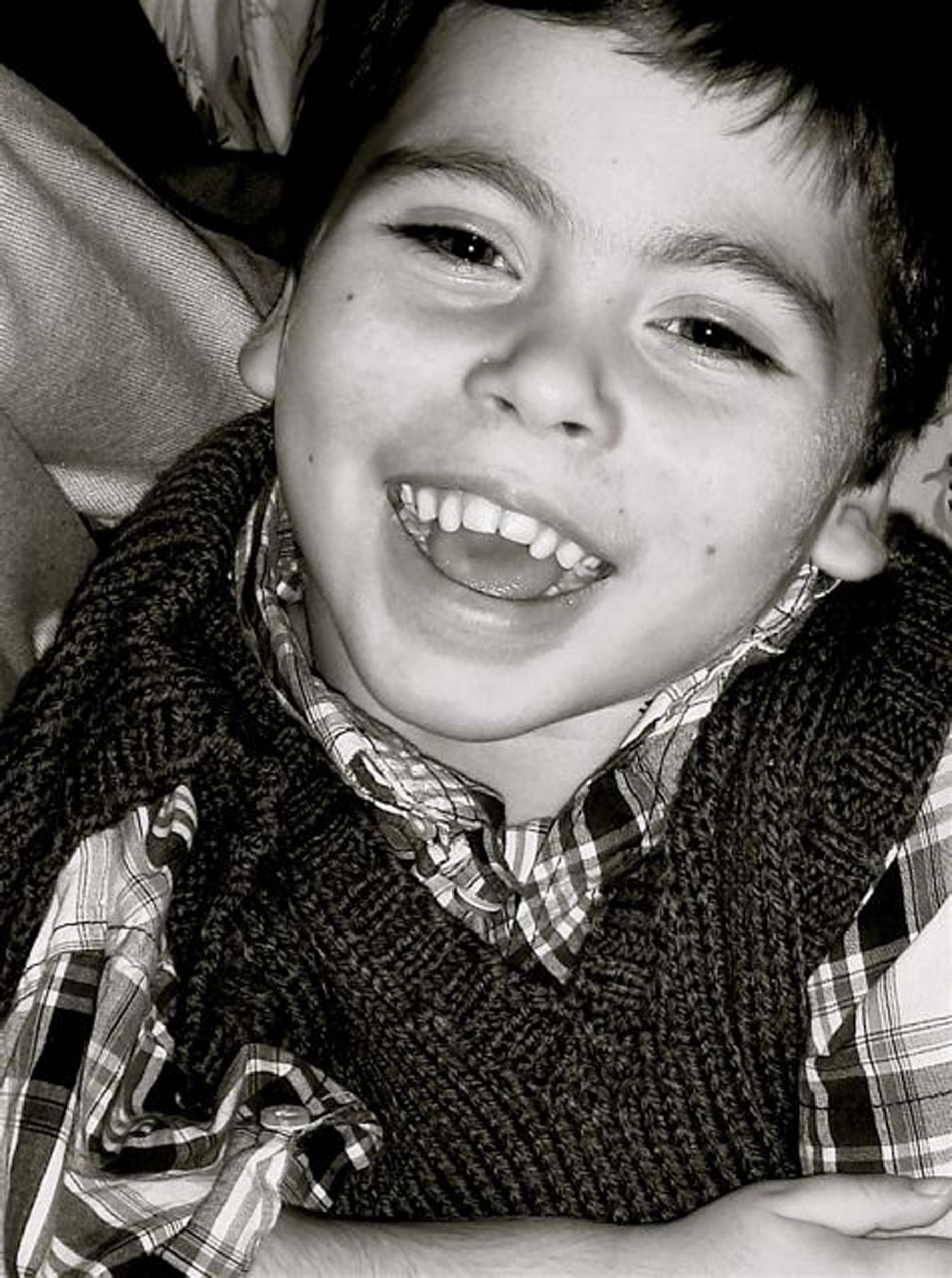
Young as he was, Ivan had a place in the public life of the nation, at least by proxy. He featured in speeches. His influence could be seen in Conservative Party policy. Cameron admitted that his views, especially his views about the National Health Service, had been altered by the experience of caring for a son with complex needs. Cameron also opted for state-sector schooling for Ivan, and admitted that his son's special needs prompted him to think hard about the limits of inclusive educational policy.
Cameron does not hesitate to feature his wife, his children and his home in public relations material, and there has been some disquiet about this approach. Politicians decide for themselves whether their families are going to be projected as an integral aspect of their own necessary self-promotion, and many people are uncomfortable or even suspicious when politicians appear enthusiastic in surrendering the privacy of their domestic lives.
If anything, Cameron was less protective of Ivan's privacy than he has been towards his other, younger, children, Nancy and Arthur. In part, this is because the experience of being a parent to Ivan has been more singular than is normal, and has therefore provoked more curiosity. In part, however, the greater degree of exposure has been an acknowledgement of Ivan's different needs.
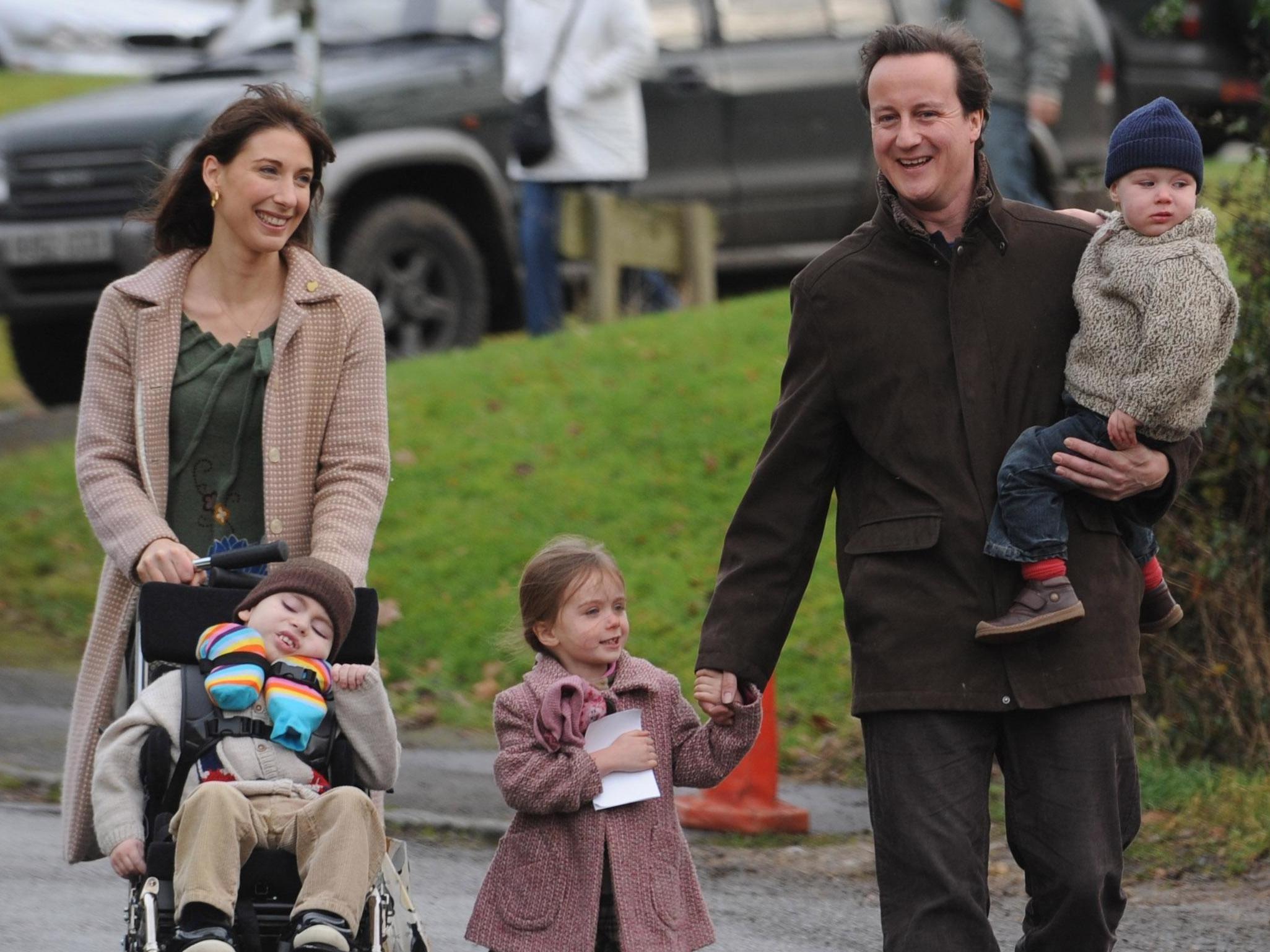
Like many people with severe disabilities, Ivan was greatly dependent on others for help. Disabled people, and their carers, are often obliged to surrender a degree of privacy in return for the practical support they are entitled to. The comprehensive assessment of the needs of disabled children that is a prerequisite in seeking all available services is a necessarily intrusive process. So in this respect, Ivan's life in the public eye mirrored the supported private lives of many families with disabled children.
At an emotional level, Cameron was also open. He spoke to biographers and interviewers about what it is like to have a baby, and quickly to discover that he has significant and incurable difficulties. He spoke about the early period of adjustment – of grieving for the child that had been imagined, and then getting on with the reality of caring for a person who was so very vulnerable. He spoke of how necessary it was to take each day as it came, which many people in a similar position to Cameron's will recognise as, among other things, a way of living under the shadow of the dreaded day that yesterday the Camerons had to face.
Cameron also said that the first time someone suggested to him that "some good might come" of Ivan's circumstances, he wanted to hit them. Yet this idea too Cameron eventually accepted, not as a platitude but as a positive and affirmative choice he could make. More recently he has spoken about the learning curve that he and his wife ascended as they negotiated their way through the thickets of specialised information that had to be assimilated in pursuit of advocacy for their boy. Reluctant as he is to draw his great private privilege to the public attention, Cameron still speculated gently on how much more difficult that process must be for people with fewer material resources.
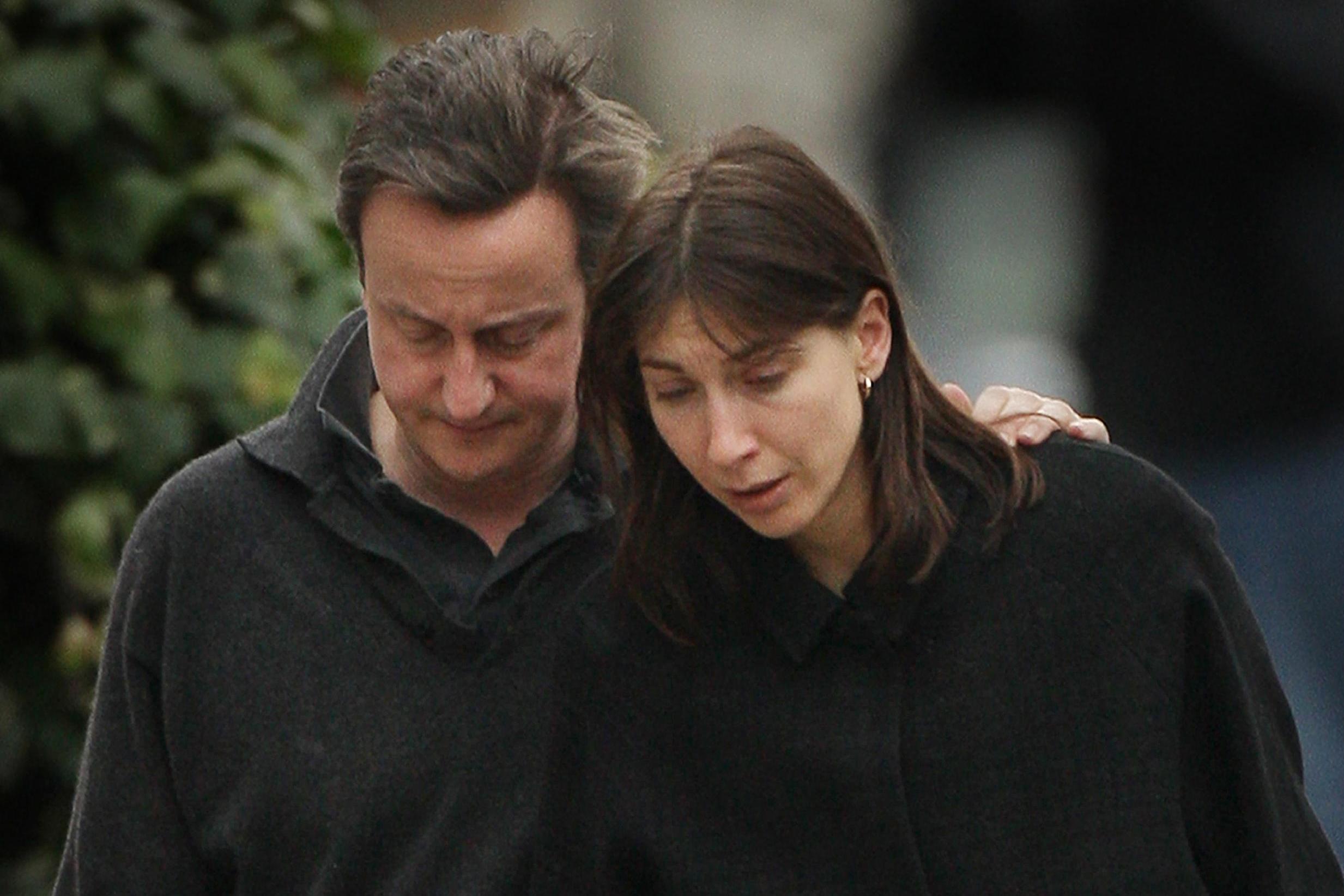
Again, this is an issue of massive importance. A plethora of legislation is relevant to people with disabled children. The list of various acts is dizzying and has to be tackled by families who are already under pressure. In part this is because disability can be so enveloping, affecting domestic care, respite care, childcare, equipment, housing, transport, schooling, education, leisure, employment, and quite simply every single aspect of life.
Matters are made yet more complex because, as in many other service areas, the level of service, commitment and professionalism varies among different local authorities. Many charities are involved in assisting people as they get to grips with this complex web of provision, and even so, many people do not get the support they are entitled to.
It is estimated that on average it costs three times as much to bring up a child with disabilities, and this figure is particularly alarming as the demands of caring for a disabled child so often reduce earning capacity. Statistics from the charity Contact a Family suggest that 55 per cent of disabled children live on the margins of poverty, with nearly 22 per cent living on incomes that are less than half of the UK mean of £19,968. Nearly a quarter of families have debts of up to £5,000 and just over 15 per cent have debts up to £10,000. Despite this, up to 62 per cent of families are not claiming Disability Living Allowance, the major benefit available to meet their child's additional needs.
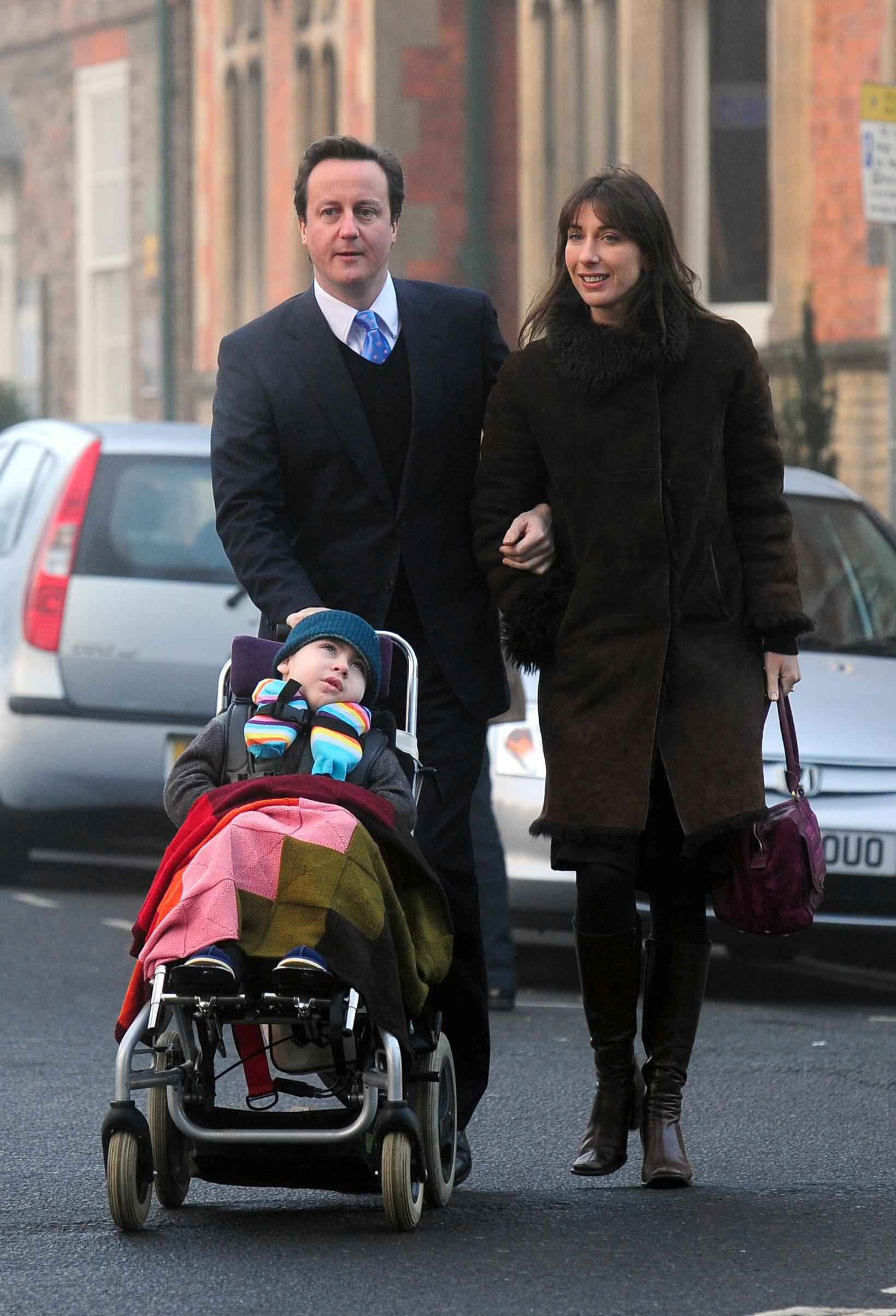
The failures of the present government, rather than his own clarity of purpose, are the factors likely to deliver Cameron to power at the next election. But Cameron is the first to acknowledge that his experience of being a father to Ivan has already had a strong influence on the direction in which Cameron wishes to steer Conservatism.
In this way, Ivan's short life will continue to have a highly significant legacy: He changed his father, and his father has ambitions to change the country. This is, of course, just as it should be. Yet even in his grief Cameron must surely be surprised or even confused about Parliament's reaction yesterday to Ivan's death. Yesterday's session of Prime Minister's Questions was cancelled and the speaker Michael Martin suspended the House of Commons until half past 12 as "a mark of respect".
Cameron and his family worked out for themselves how they should navigate public life with a poorly child, and they handled the situation well. But they did not make their child into an ersatz public figure himself. Parliament, shocked as it was by the news, should have had the strength to be as respectful of that fine line between public and private as the Camerons were.
This column was written by Deborah Orr in 2009

Join our commenting forum
Join thought-provoking conversations, follow other Independent readers and see their replies